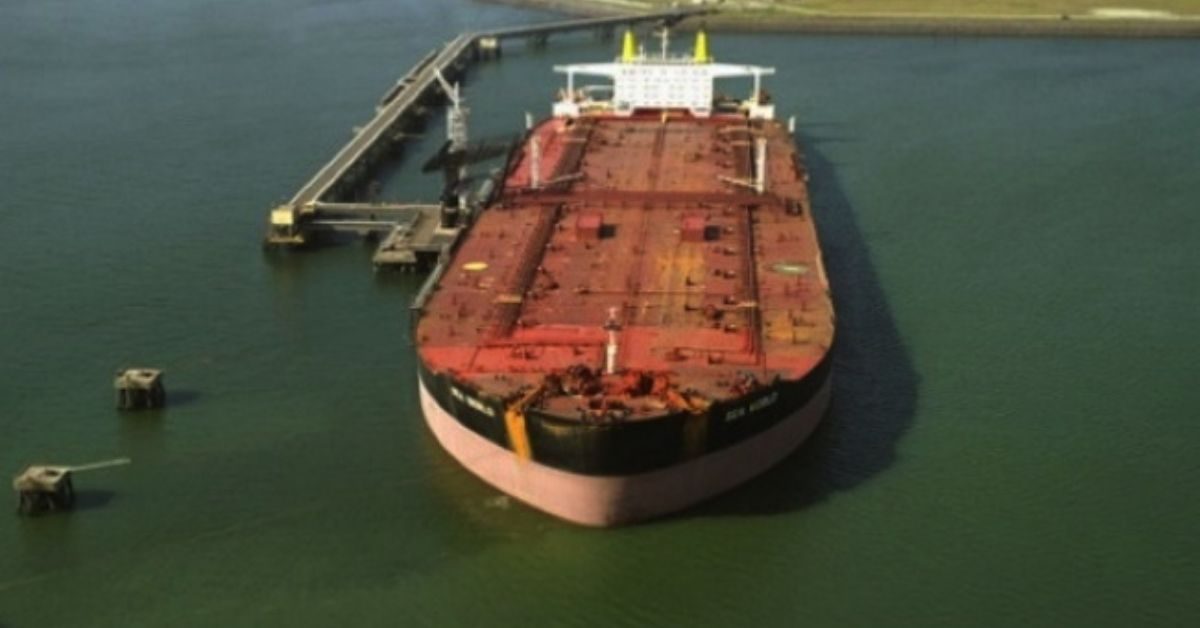Bangladesh eyes test operation of maiden single-point mooring (SPM) system in the Bay of Bengal this month to pump petroleum products from vessels far offshore into onshore storage tanks.
The opening of the direct oil-disembarking facility gathers speed as the country struggles meet a growing need for fuels, with the current multiple crises fresh in government authorities’ mind.
Bangladesh Petroleum Corporation (BPC) is importing around 82,000 tonnes of Arabian Light Crude oil, in addition to its regular crude-oil imports, in June to facilitate the piloting ahead of formal commissioning of the mooring facility, BPC Director for operations and planning Khalid Ahmed told the FE Sunday.
Initially the SPM will run on a trial basis, and upon successful trial operation, it will run commercially.
Bangladesh usually imports around 1.50 million tonnes of crude oil per year to refine in the country’s lone refinery, Eastern Refinery Ltd (ERL), a wholly-owned subsidiary of the BPC.
To facilitate the SPM operation the petroleum corporation will be importing around 1.58 million tonnes of crude of which 900,000 tonnes will be Arabian Light Crude oil sourced from Saudi Arabia’s Aramco and the remaining 700,000mt will be Murban Crude from Abu Dhabi National Oil Company of the United Arab Emirates.
Ahmed says Bangladesh will be able to save around Tk 8.0 billion (US$75.50 million) annually only by reducing transportation cost of petroleum products from outer anchorage to onshore fuel tankers once the SPM gets going.
The BPC is implementing the major project at a cost of around Tk 65.68 billion, with China’s assistance.
Of the total project cost, the government is giving around Tk 12.19 billion, BPC spending around Tk 6.85 billion and the remaining around Tk 46.63 billion is coming in the project aid.
As part of the project works a 220-kilometre pipeline, most of which is laid in the Bay of Bengal waters, has already been set up.
Construction works of the fuel-pumping stations and six fuel-storage tanks are also complete.
The storage tanks have the capacity to store around 240,000 tonnes of petroleum products in total: 150,000 tonnes of crude oil and 90,000 tonnes of gasoil.
China Petroleum Pipeline Engineering Co. Ltd (CPP) is building the maiden SPM system for oil porting in Bangladesh.
Titled ‘Installation of Single Point Mooring (SPM) with Double Pipeline’, the project is being implemented with Chinese concessional loan worth around US$554 million.
Of the total loan amount, $467.84 million comes as preferential buyer’s credit and the remaining $82.5 million as soft loan.
Exim Bank of China is providing the money to be repaid within 20 years at an interest rate of 2.0 per cent, with a five-year grace period.
Currently, imported petroleum cannot be offloaded for Chattogram storage tanks directly. Large tankers anchor in deep-sea area and smaller vessels unload the petroleum products and bring the fuels to onshore storage facilities.
The BPC pays around US$5.50 per tonne to lightering or small vessels owned mainly by the state-owned Bangladesh Shipping Corporation, or BSC, to ferry petroleum products to the onshore tanks from larger mother vessels at outer anchorage.
It takes up to seven days to offload oil from tankers and the BPC very often has to pay fines for time overrun.
After installation of the SPM it will be possible to offload 120,000 tonnes of crude oil within 48 hours and 70,000 tonnes of gasoil, or diesel, within 28 hours.
“The SPM will save BPC around US$8 per tonne by eliminating the vessel transfers,” Ahmed said.
The SPM’s capacity to offload petroleum products will be around 9.0 million tonnes per year.
Officials said BPC will be able to unload petroleum from a 100,000 deadweight-tonnage tanker within 48 hours, which now takes 11 days.
“No lighter-age vessel will be required to carry fuel from mother vessel, which is to be moored at the outer anchorage, after implementation of the project,” said the BPC official.
Bangladesh annually imports around 7.0 million tonnes of crude and refined oils combined to meet a mounting demand for feeding a growing economy.








